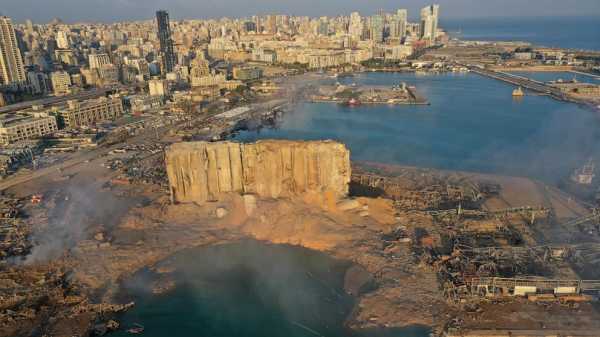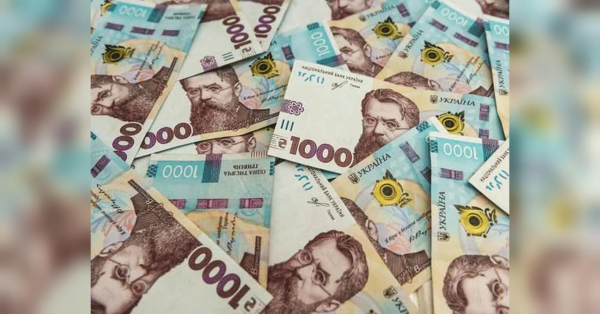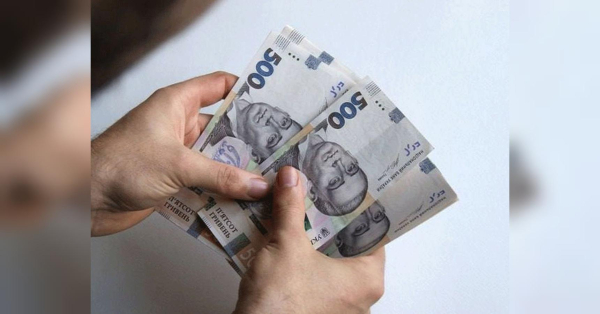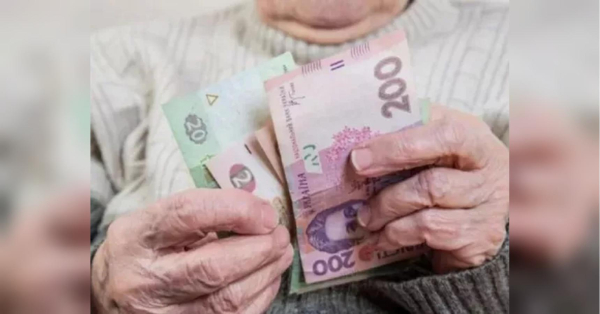
BEIRUT — Lebanon’s top prosecutor Wednesday ordered the release of all suspects detained in the investigation into the deadly 2020 port blast in Beirut and filed charges against the judge leading the probe, he told The Associated Press.
The move by chief prosecutor Judge Ghassan Oweidat marked another blow to the investigation, which has stalled for years. The probe has threatened to rattle Lebanon’s ruling elite, which is rife with corruption and mismanagement, and has helped push the country into an unprecedented economic meltdown.
Oweidat charged Bitar with resuming his work despite legal challenges against him that had halted the investigation, abusing authority, conducting work contradictory to his prerogatives, and overstepping his authority. He also issued a travel ban.
The decision came after Bitar on Monday resumed the investigation into the devastating port blast, following a 13-month halt over legal challenges raised by politicians accused in the probe — including the chief prosecutor.
Bitar in a statement Wednesday said Oweidat's decision to release the detainees was “illegal” and that he could not charge a judge who has already charged him in an investigation.
Oweidat in December 2020 announced his withdrawal from any involvement in the Beirut blast investigation due to his ties to charged former minister and parliamentarian Ghazi Zeiter.
Bitar told The Associated Press that he will go on with the investigation, “even if it is going to cost me my life" and hopes that there will be an indictment ahead of the third anniversary of the blast this coming August.
“I have nothing against Judge Oweidat but there are some suspicions that came up. He should come and defend himself,” Bitar said. “I will continue with the case and I will not leave it unless they remove me completely."
“Everyone that I summon has to come because the blood of the victims is above everything,” the judge added.
Hundreds of tons of highly explosive ammonium nitrate, a material used in fertilizers, detonated at Beirut Port on Aug. 4, 2020, killing 218 people, injuring over 6,000 and damaging large parts of the Lebanese capital.
Seventeen detainees have been held for years in pre-trial detention pending the results of the investigation. Although they were ordered to be released, they must stay in the country.
Lawyer Sakher El Hachem, who represents former port authority head Hassan Koraytem and a former port official, U.S. citizen Ziad al-Ouf, told the AP that they received confirmation of the decision from the judiciary and that his clients would be released Wednesday.
The officials added that Oweidat sent a police officer to Bitar's residence to notify him of the charges and instruct Bitar to visit his office, but the maverick investigator declined to speak with him.
“We have been waiting for this for so long because he’s been unlawfully detained for two and a half years,” al-Ouf’s daughter Dalia told AP. “What happened today is very thrilling and we’re very happy.”
“We thought he will never come out because you never know here wit the Lebanese laws and all the political situation so we were never sure when this will happen,” she said.
Mody Koraytem, the sister of the former port authority head, said the detainees’ release was long overdue and she claimed that they were all innocent.
“As port administration there wasn’t anything they could have done about it (the ammonium nitrate),” she said, adding that they did their jobs given that the judiciary cleared the deadly cargo to enter the port.
Some of the detainees had already left prison by late afternoon Wednesday, including former customs chief Badri Daher. “Oweidat did the right legal thing,” his lawyer, Celine Atallah, said. Daher was not available for comment.
Judge Bitar is the second investigator to lead the probe into the port blast, and has charged over a dozen senior political, security, port and security officials.
On Monday, Bitar ordered the release of five of 17 detainees in the case and charged eight officials, among them top intelligence officials Maj. Gen. Abbas Ibrahim and Maj. Gen. Tony Saliba, as well as Oweidat.
The judge also summoned at least 14 politicians and judicial, security and customs officials for questioning in February. Senior officials have repeatedly refused to show up for questioning since the start of the probe.
Bitar took his post following the removal in February 2021 of Judge Fadi Sawwan over complaints of bias by two Cabinet ministers. If he is also removed, it could be the final blow to the investigation.
Most families of the blast’s victims have endorsed Bitar and called on authorities to allow for a thorough and unobstructed investigation. Some however have lost hope in a domestic probe and have advocated for a U.N.-mandated fact-finding mission.
They condemned Oweidat's decision Wednesday and called for a protest.
“It annihilates any hope we have left,” said Paul Naggear, an activist for the families of the blast victims and the father of a 3-year-old who died in the blast. “They want to put an end to the investigation. This is the only explanation.”
Naggear said he sympathizes with the families of the detainees. But he believes they have been “manipulated” by Lebanon's political leadership into blaming Bitar for not releasing them sooner rather than blaming the authorities for putting the investigation on ice.
Amnesty International said the Lebanese authorities aren't interested in justice.
“The Lebanese authorities have run roughshod over the law, shamelessly bypassing an ongoing criminal investigation and retaliating against a judge who was just doing his job,” said Amnesty Deputy Regional Director for the Middle East & North Africa Aya Majzoub.
Lebanon’s political leadership have accused Bitar without evidence of being biased in his investigation, with some demanding his removal.
Lebanese media reported earlier Wednesday that the Higher Judicial Council, the country's top judicial body, will meet Thursday to discuss Bitar's status in the probe and a proposal to introduce an auxiliary judge into the investigation.
___
Associated Press writer Abby Sewell Beirut contributed to this report.
Sourse: abcnews.go.com






